Home>diy>Building & Construction>Who Is Involved In Building A House
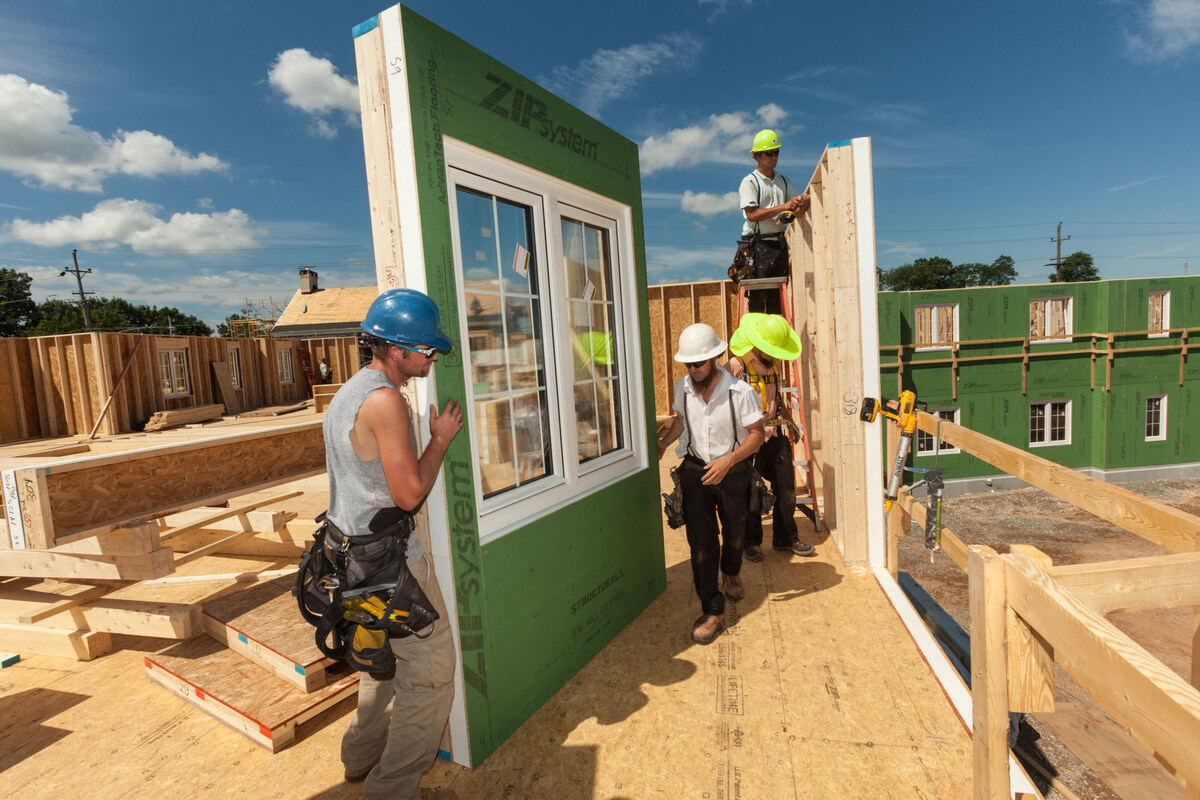

Building & Construction
Who Is Involved In Building A House
Modified: October 18, 2024
Discover the key players involved in the building construction process, from architects and engineers to contractors and suppliers. Gain insights into the collaborative efforts that bring your dream home to life.
(Many of the links in this article redirect to a specific reviewed product. Your purchase of these products through affiliate links helps to generate commission for Storables.com, at no extra cost. Learn more)
Introduction
Building a house is a complex endeavor that requires the collaboration and expertise of various professionals. From the initial design phase to the final construction, a diverse group of individuals and organizations come together to ensure the successful completion of a building project. In this article, we will explore the key players involved in building a house, their roles, and how they contribute to the construction process.
Constructing a house is not a solitary task; it involves a network of professionals working in unison. Each member of the team plays a crucial role in bringing the architectural vision to life, ensuring quality craftsmanship, and adhering to safety and building standards.
Let us delve into the intricacies of the construction process and shed light on the individuals and organizations that make it all possible.
Key Takeaways:
- Building a house involves a collaborative effort of architects, general contractors, subcontractors, suppliers, building inspectors, and homeowners. Each player contributes unique expertise to bring the architectural vision to life.
- The construction process requires effective communication and coordination among stakeholders to ensure the successful completion of a house. From design to final inspection, collaboration is key to creating a functional and aesthetically pleasing home.
Architect
The architect is the visionary behind the design and layout of a house. They are responsible for creating the initial concept, drawing up detailed plans, and ensuring that the structure meets the client’s needs, aesthetic preferences, and budgetary constraints.
Architects possess a deep understanding of both the artistic and technical aspects of building construction. They consider factors such as functionality, spatial arrangement, environmental impact, and building codes when developing their designs. Architects work closely with their clients to understand their vision and transform it into a tangible blueprint.
During the design phase, architects create intricate drawings and models that illustrate the proposed layout, structural elements, and interior finishes. These plans serve as a guide for the construction process and are instrumental in obtaining necessary permits and approvals from local authorities.
Additionally, architects collaborate with other professionals, such as structural engineers and interior designers, to ensure cohesiveness and integration of all building elements. They oversee the project from conception to completion, conducting site visits, addressing challenges that may arise, and making adjustments as needed.
In addition to their design responsibilities, architects also play a crucial role in project management. They may handle the solicitation and evaluation of bids from contractors, as well as monitor the progress of construction to ensure that it aligns with the approved plans and specifications.
Architects are trained professionals who have undergone rigorous education and certification processes. They possess a deep knowledge of building materials, construction techniques, and sustainability principles. Moreover, they stay up-to-date with industry trends and regulations to offer innovative and efficient solutions to their clients.
In summary, architects are the creative minds behind the design and layout of a house. They bring together artistic vision and technical know-how to create functional and aesthetically pleasing spaces. Their expertise and attention to detail are vital to the success of any building project.
General Contractor
A general contractor, often referred to as a GC, is responsible for overseeing the overall construction process of a house. They act as the project manager, coordinating and supervising all aspects of the building project, from start to finish.
General contractors play a crucial role in ensuring the smooth execution of the construction plans, working closely with the architect, subcontractors, suppliers, and the homeowner. Their main responsibilities include managing the budget, hiring and supervising subcontractors, procuring materials, obtaining necessary permits, and maintaining compliance with building codes and regulations.
One of the key tasks of a general contractor is to create a realistic and comprehensive construction schedule. They develop a timeline that outlines the sequence of activities, including excavation, framing, electrical installations, plumbing works, and finishing touches. This schedule ensures that the project stays on track and is completed within the designated timeframe.
The general contractor is also responsible for hiring subcontractors, such as electricians, plumbers, carpenters, and painters. They evaluate their credentials, negotiate contracts, and oversee their work, ensuring quality craftsmanship and adherence to project specifications. Building strong relationships with reliable subcontractors is crucial for the general contractor, as it directly impacts the overall quality and efficiency of the construction process.
Another important aspect of the general contractor’s role is to procure materials and manage the supply chain. They are responsible for sourcing and purchasing construction materials, making sure they meet the project’s quality standards and are delivered to the site on time. Effective management of the supply chain helps prevent delays and keeps the construction process running smoothly.
Furthermore, general contractors handle communication and coordination with the homeowner. They provide regular updates on the project’s progress, address any concerns or queries, and ensure that the homeowner’s expectations are met. They also handle any necessary inspections and permits required throughout the construction process.
Overall, the general contractor acts as the central figure in the construction process, ensuring that all elements come together seamlessly. Their expertise in project management, communication, and coordination is instrumental in successfully completing a house construction project.
Subcontractors
Subcontractors are specialized professionals or companies that are hired by the general contractor to carry out specific tasks or trades during the construction of a house. They play a crucial role in bringing the project to fruition, as they possess the expertise and skills required for their respective trades.
There are various types of subcontractors involved in building a house, including electricians, plumbers, carpenters, HVAC technicians, painters, and landscapers, among others. Each subcontractor focuses on a specific aspect of the construction process and is responsible for executing it to the highest standards.
Subcontractors are typically hired based on their qualifications, experience, and reputation. General contractors carefully select subcontractors who have a proven track record of delivering quality work, meeting deadlines, and working well within the overall construction team.
During the construction process, subcontractors work closely with the general contractor to ensure that their tasks are completed according to the project requirements. They collaborate on scheduling, materials selection, and project specifications to ensure a smooth and efficient workflow.
Subcontractors bring specialized knowledge and skills to their specific trades. For instance, electricians handle electrical wiring and installations, ensuring they are up to code and functioning properly. Plumbers install the plumbing systems, connecting water supply lines and drainage systems. Carpenters construct and install structural elements, such as framework, doors, and windows. HVAC technicians handle heating, ventilation, and air conditioning installations. Each subcontractor contributes their expertise to the overall construction process, ensuring the house is built to the highest standards of quality and safety.
Communication and coordination between the general contractor and subcontractors are key to the success of the project. Subcontractors provide regular progress updates, address any technical issues that arise, and work collaboratively to overcome challenges. They focus on executing their tasks efficiently and effectively, ensuring that the project stays on schedule.
Ultimately, subcontractors play a vital role in the construction of a house by bringing their specialized skills and knowledge to the project. Their expertise, combined with effective coordination with the general contractor, ensures that each aspect of the construction process is carried out to the highest standards, resulting in a well-built and functional home.
Construction Crew
The construction crew is the backbone of the building process, comprised of skilled laborers and tradespeople who carry out the physical work needed to construct a house. They work directly under the direction and supervision of the general contractor and subcontractors, executing various tasks to bring the architectural plans to life.
Construction crews consist of individuals with expertise in different areas, including carpentry, masonry, concrete work, roofing, and general labor. They are responsible for executing the construction plans, following precise measurements and specifications to ensure the structural integrity and safety of the house.
One of the key members of the construction crew is the carpenter, who handles tasks such as framing, installing doors and windows, and constructing interior finishes. They work closely with the general contractor and subcontractors to ensure precise execution of the architectural plans.
Masons are responsible for tasks involving concrete work, such as pouring foundations, building walls, and laying bricks or blocks. They have the expertise to create solid and durable structures, ensuring the stability and strength of the house.
Roofers specialize in installing roofing materials and ensuring that the house is protected from the elements. They work with precision to create a watertight and durable roof that will withstand weather conditions and provide insulation.
General laborers play a crucial supporting role on the construction crew. They assist with various tasks, such as material handling, site cleanup, and general maintenance. Their work helps maintain a safe and organized construction site.
The construction crew follows the project schedule provided by the general contractor, ensuring that tasks are completed in a timely manner. They utilize their expertise and experience to overcome challenges and make necessary adjustments during the construction process.
Additionally, the construction crew must adhere to safety protocols and comply with occupational health and safety regulations. This includes wearing appropriate personal protective equipment, maintaining a clean and hazard-free work environment, and following proper construction techniques.
Communication and coordination within the construction crew are essential for the successful completion of the project. They work together to troubleshoot any issues that arise, overcome obstacles, and maintain a consistent workflow.
Overall, the construction crew plays a vital role in turning architectural designs into physical structures. Their craftsmanship, dedication, and attention to detail contribute to the successful construction of a house that is built to the highest standards of quality and safety.
When building a house, it’s important to involve a team of professionals including architects, engineers, contractors, and subcontractors. Each plays a crucial role in ensuring the successful completion of the project.
Read more: How To Build A Shed House
Suppliers
Suppliers are essential partners in the construction process, providing the necessary materials and products needed to build a house. They play a crucial role in ensuring that the construction project has access to the right materials, tools, and equipment to bring the architectural plans to life.
Suppliers offer a wide range of building materials, including lumber, concrete, roofing materials, electrical fixtures, plumbing components, flooring, and paint. They work closely with the general contractor and subcontractors to provide high-quality products that meet the project’s specifications and standards.
Reliable suppliers are selected based on their reputation, quality of products, prices, and delivery capabilities. General contractors establish relationships with suppliers to ensure a smooth supply chain and timely delivery of materials to the construction site.
Suppliers often provide assistance in the selection and procurement of materials, offering recommendations based on their expertise and knowledge of industry trends. They provide valuable guidance in choosing materials that are durable, energy-efficient, and compliant with building codes and regulations.
Delivery schedules are coordinated between the suppliers and the construction team to ensure that materials arrive on time and in the necessary quantities. This helps minimize delays and keeps the project on schedule.
Suppliers also play a role in maintaining inventory levels and managing stock. They monitor product availability, anticipate demand, and work closely with the general contractor to ensure that there are no delays or interruptions in the construction process due to material shortages.
Quality control is an important aspect of the supplier’s role. They ensure that the materials provided meet the required standards and specifications. This includes conducting inspections, providing certifications, and offering warranties or guarantees on their products.
In addition to providing materials, suppliers may offer additional services, such as tool rentals, equipment leasing, or technical support. They are often a valuable resource for the construction team, offering assistance and troubleshooting solutions when needed.
Communication and collaboration between suppliers and the construction team are essential for the success of the project. Regular communication ensures that any concerns, changes, or issues related to materials are addressed promptly, minimizing potential disruptions to the construction process.
Overall, suppliers play a vital role in the construction of a house by providing the necessary materials and products. Their expertise, reliability, and seamless coordination with the construction team contribute to the successful completion of a high-quality, well-built home.
Building Inspectors
Building inspectors are responsible for ensuring that construction projects comply with local building codes, regulations, and safety standards. They play a crucial role in monitoring and evaluating every phase of the construction process to ensure the structural integrity and safety of the house.
Building inspectors are typically employed by governmental or regulatory bodies and receive specialized training and certifications. They have a deep understanding of building codes and standards and possess the expertise to assess the quality and safety of a construction project.
During the construction process, building inspectors conduct regular site visits and inspections at various stages. They review the plans, specifications, and permits to ensure compliance with the applicable codes and regulations.
Inspectors assess everything from the foundation and structural systems to plumbing, electrical, and mechanical installations. They inspect materials, quality of workmanship, and overall compliance with safety regulations. Inspections may also include checks for fire safety, accessibility, energy efficiency, and other specific requirements.
If any violations or deficiencies are identified during an inspection, building inspectors work with the general contractor and subcontractors to resolve the issues. They provide guidance on necessary corrections or adjustments to bring the construction project into compliance.
Building inspectors are also responsible for issuing permits and certificates of occupancy once the construction is deemed compliant. These permits and certificates are necessary to ensure that the house meets all safety and building requirements and can be occupied by the homeowners.
Effective communication and coordination with the general contractor and construction team are essential for building inspectors. They ensure that inspections are scheduled in a timely manner, coordinate access to the construction site, and provide clear feedback on any necessary corrections or improvements.
Building inspectors play a vital role in safeguarding the interests of the homeowners and the general public. Their thorough inspections and adherence to building codes help ensure that the constructed house is safe, habitable, and meets industry standards.
It is important to note that building inspectors are not involved in the design or construction of the house. Their primary focus is on evaluating compliance with regulations, standards, and safety measures.
Overall, building inspectors provide an important level of oversight and scrutiny to the construction process. Their expertise, attention to detail, and commitment to upholding building codes and safety standards contribute to the overall quality and integrity of the constructed house.
Homeowners
Homeowners play a crucial role in the construction process as they are the ones for whom the house is being built. They are the primary stakeholders and their input, preferences, and decisions guide the overall design and outcome of the project.
During the initial phase of the construction process, homeowners work closely with the architect to discuss their vision, expectations, and specific requirements for the house. They provide input on the layout, functionality, and aesthetic aspects, allowing the architect to create a design that reflects their needs and preferences.
Homeowners also work closely with the general contractor and suppliers during the construction phase. They make decisions regarding the selection of materials, finishes, fixtures, and other details that help personalize their home. From choosing the flooring material to selecting the paint colors, homeowners have the opportunity to bring their unique style and taste into the project.
Communication and collaboration between homeowners and the construction team are essential throughout the construction process. Regular meetings and updates ensure that homeowners are informed of the progress, any deviations from the original plan, and any decisions that need to be made. This allows homeowners to provide feedback, address concerns, and make adjustments if necessary.
Homeowners also have a responsibility to understand the construction process and comply with any requirements set out by the general contractor or building inspectors. This may include ensuring access to the construction site, providing necessary documentation, and adhering to any timeline or payment schedules.
Upon completion of the construction, homeowners have the final inspection walk-through with the general contractor and building inspectors. This is an opportunity for homeowners to ensure that the construction meets their expectations, and any last-minute adjustments or touch-ups can be made.
Once the construction is finished and all necessary permits are obtained, homeowners officially take ownership of their newly built house. They can now enjoy the comfort and pride of living in a home that has been personalized to their preferences and needs.
It’s important to note that homeowners also have a role in maintaining the house after construction. This includes regular maintenance, addressing repairs or issues that arise, and ensuring the longevity and functionality of the home.
Overall, homeowners are essential participants in the construction process. Their collaboration, decision-making, and input guide the outcome of the project, making the house a true reflection of their vision and creating a place they can call home.
Conclusion
Building a house is a complex and collaborative process that involves a diverse group of professionals working together to bring a vision to life. Each player in the construction process, from the architect to the general contractor, subcontractors, suppliers, building inspectors, and homeowners, plays a vital role in ensuring the successful completion of a building project.
The architect’s creativity and expertise in design set the foundation for the entire construction process. Their ability to translate the homeowner’s vision into detailed plans is essential in creating a functional and aesthetically pleasing home.
The general contractor acts as the project manager, overseeing the entire construction process. They handle scheduling, coordination with subcontractors, procurement of materials, and ensuring compliance with building codes and regulations.
Subcontractors bring specialized skills to their trades, executing specific tasks with precision and expertise. Their craftsmanship and attention to detail contribute to the overall quality and functionality of the house.
Suppliers provide the necessary materials and products needed for construction. Their expertise in sourcing, delivering, and ensuring the quality of materials is instrumental in the building process.
Building inspectors ensure that the construction project follows local building codes and regulations. Their thorough inspections and adherence to safety standards help guarantee the structural integrity and safety of the house.
Lastly, the homeowners drive the vision and provide input throughout the construction process. They work closely with the architect, make decisions on materials and finishes, and ultimately take ownership of the completed house.
Collaboration, communication, and coordination among all these stakeholders are necessary for the successful construction of a house. Each player contributes their unique expertise and perspective, ensuring that the final product meets the homeowner’s expectations and stands the test of time.
In conclusion, building a house is a collective effort that requires the expertise and collaboration of architects, general contractors, subcontractors, suppliers, building inspectors, and homeowners. Together, they transform architectural designs into physical structures, creating homes that provide comfort, functionality, and a place to create lasting memories.
Frequently Asked Questions about Who Is Involved In Building A House
Was this page helpful?
At Storables.com, we guarantee accurate and reliable information. Our content, validated by Expert Board Contributors, is crafted following stringent Editorial Policies. We're committed to providing you with well-researched, expert-backed insights for all your informational needs.

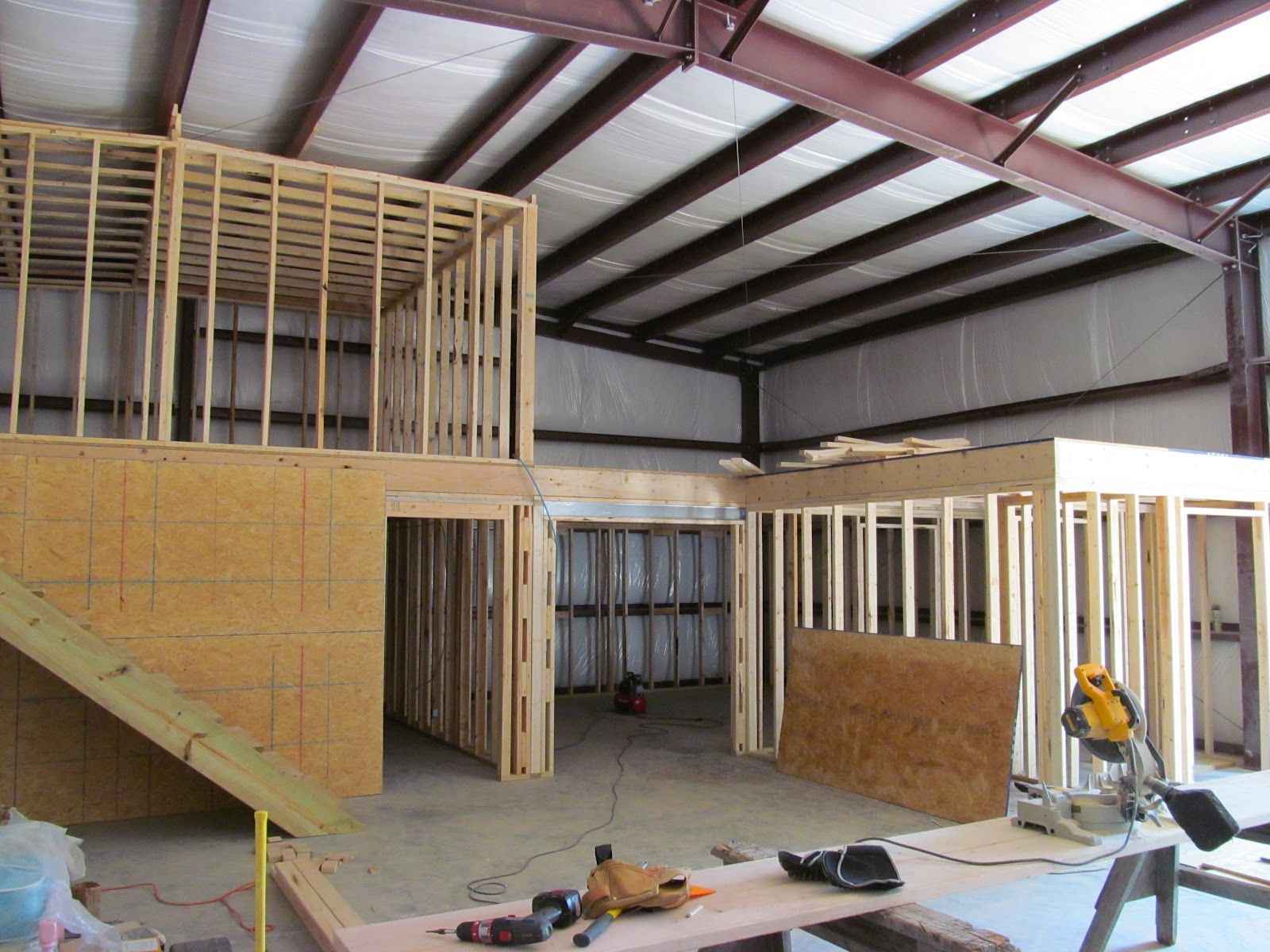
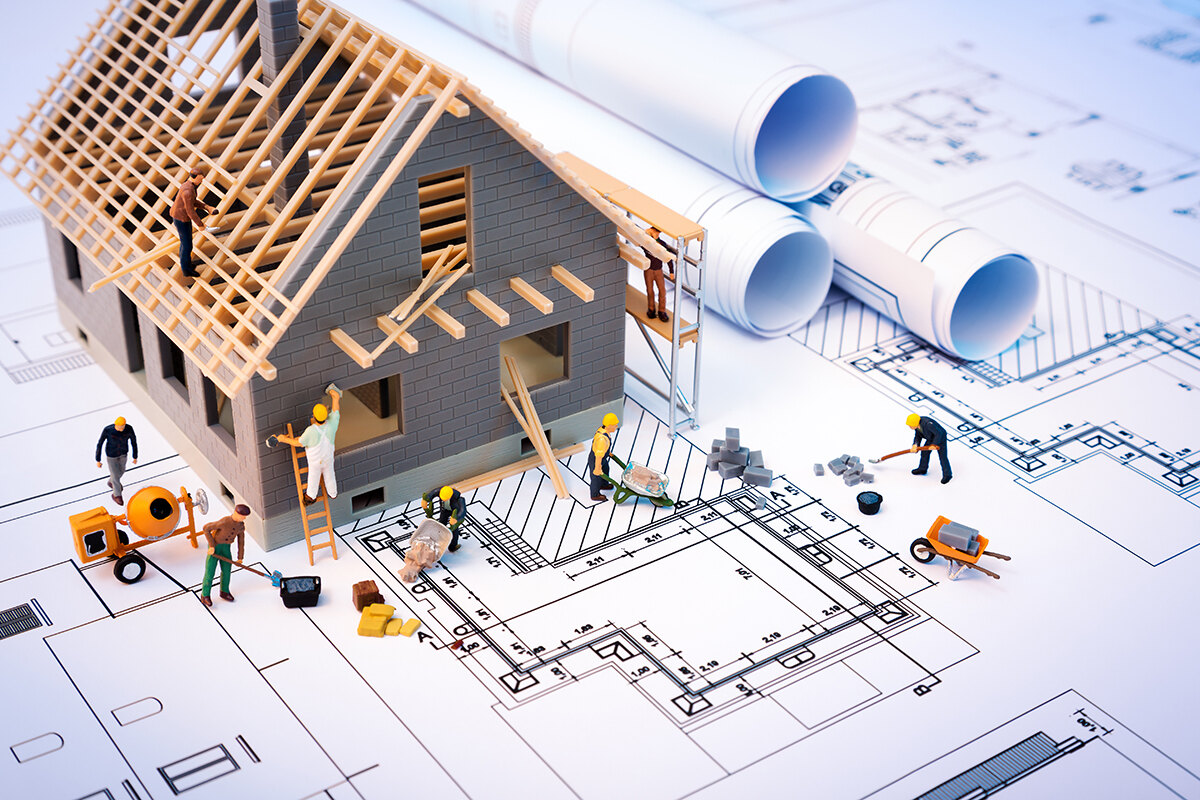
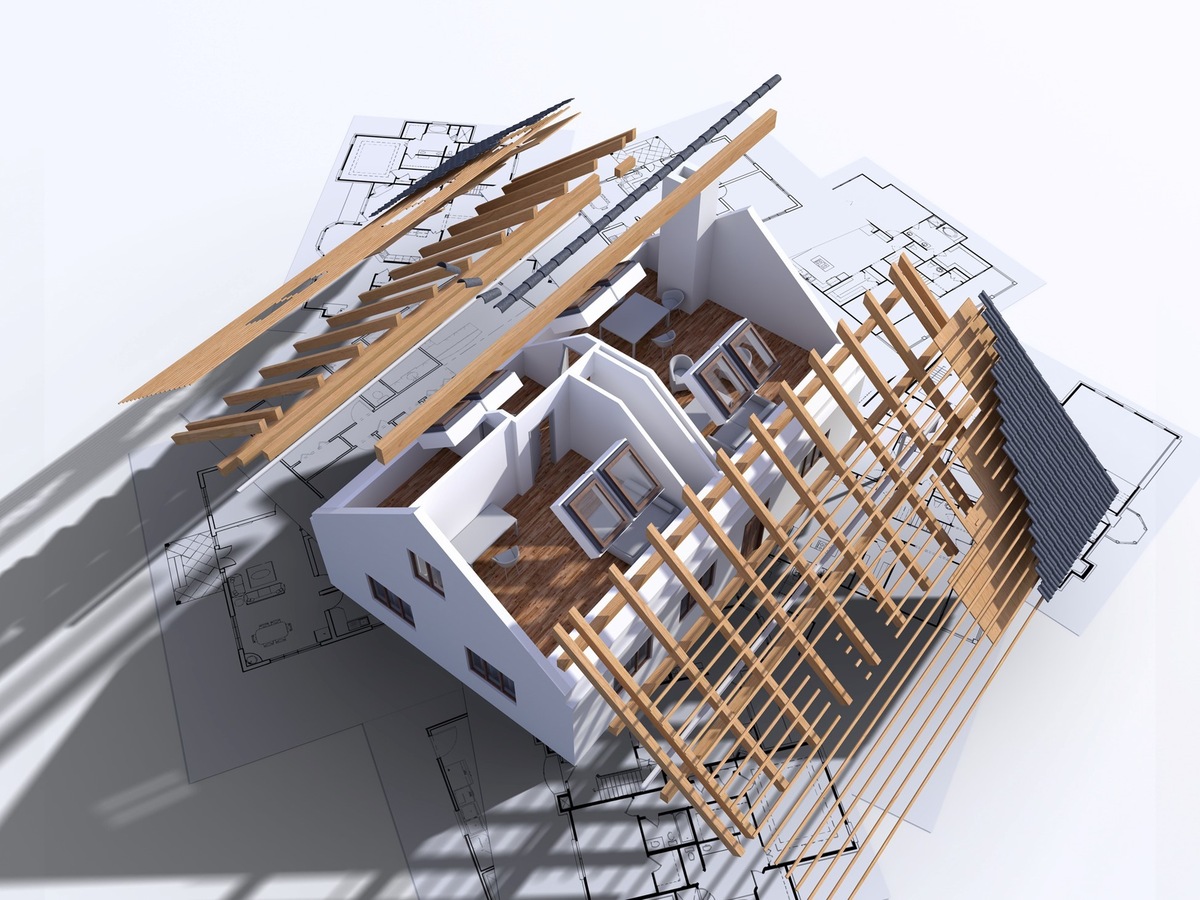


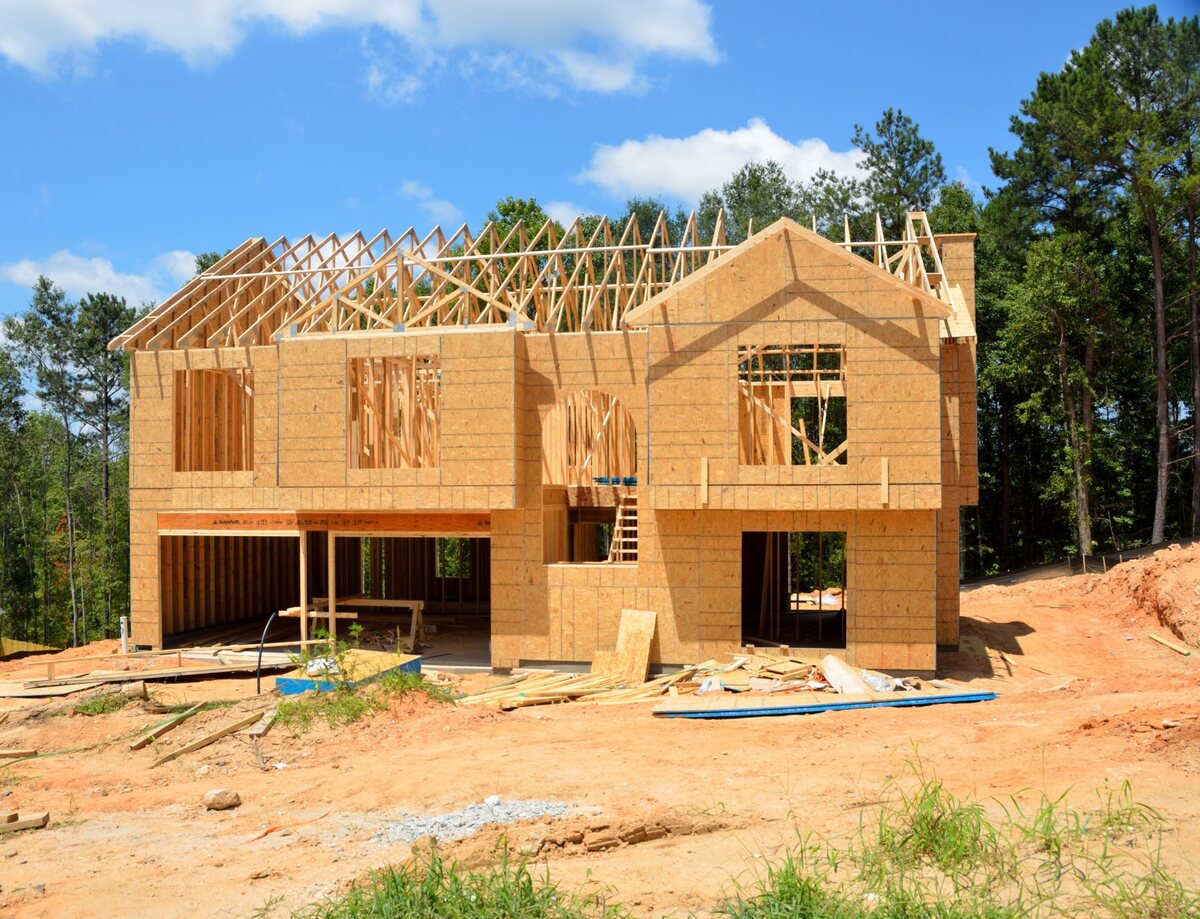

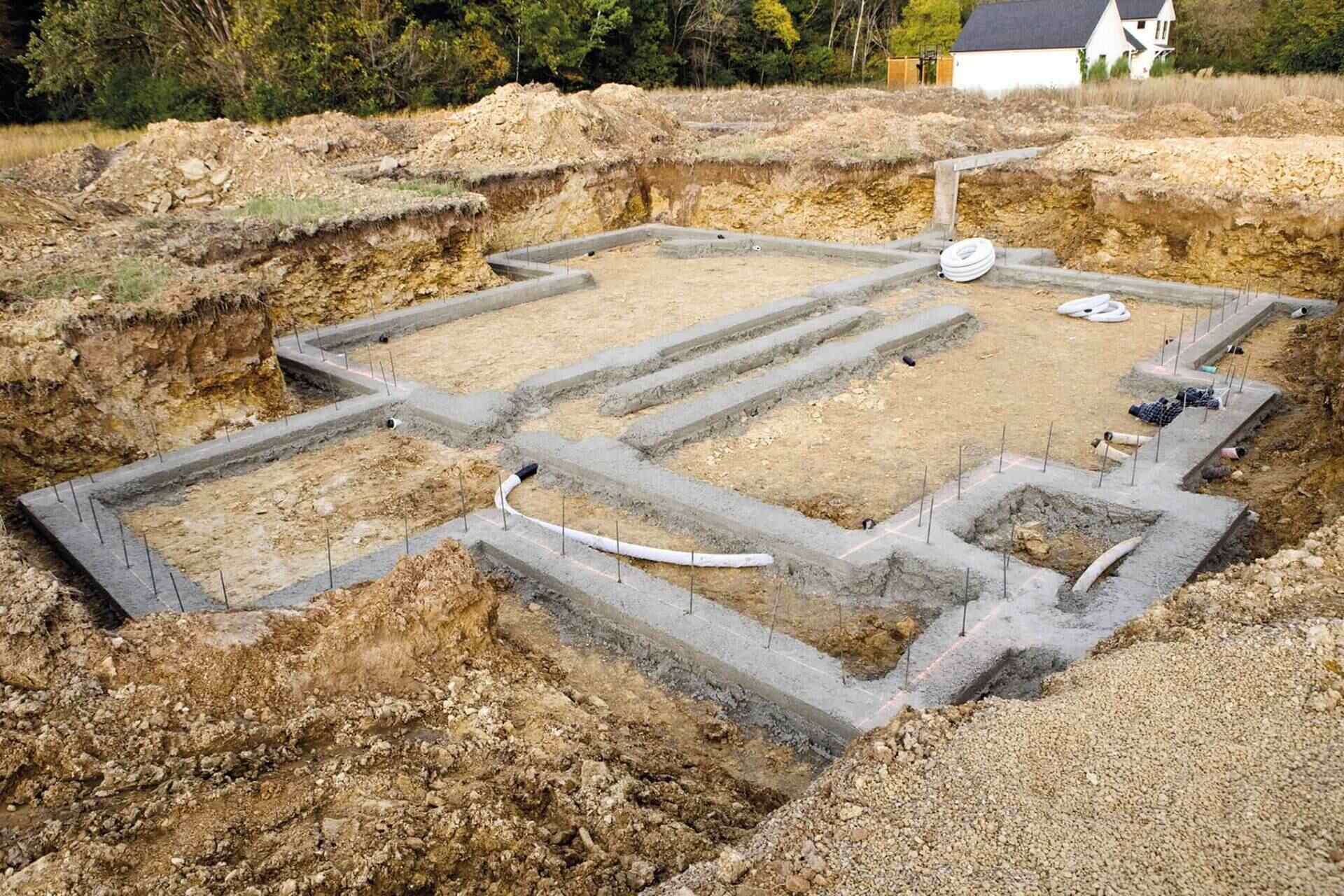




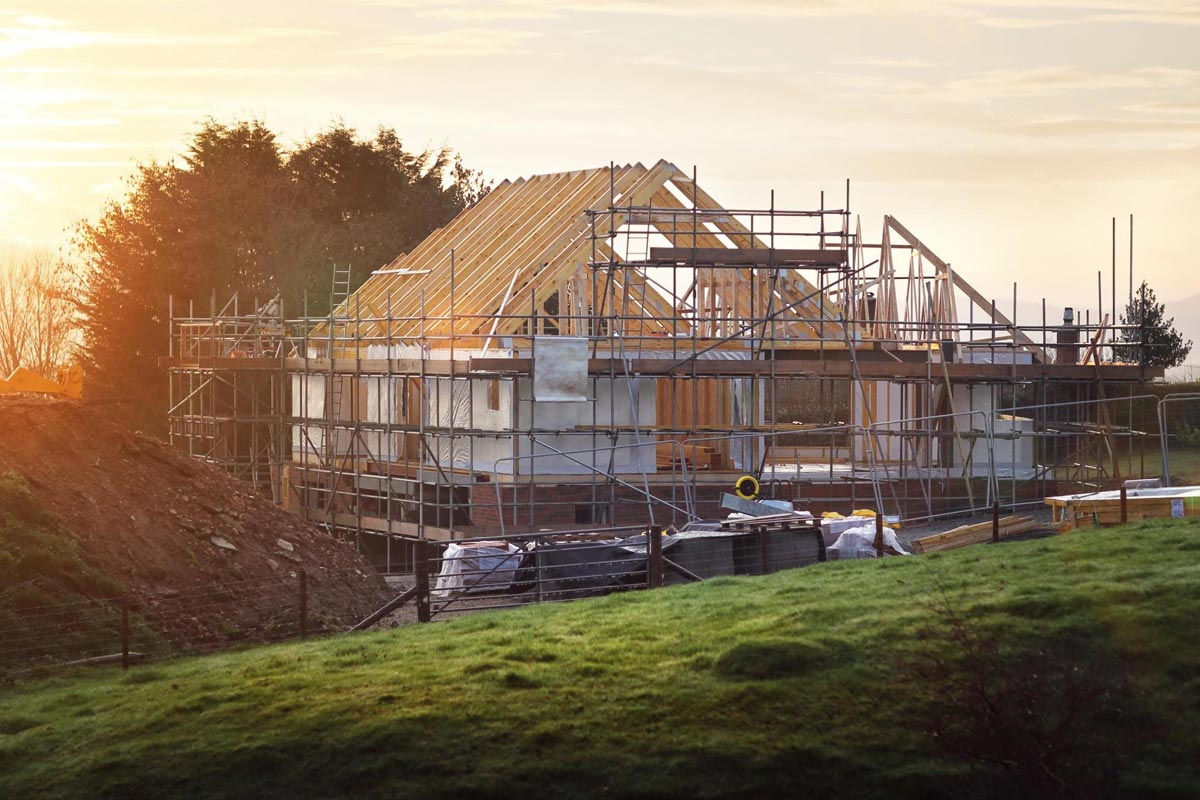

0 thoughts on “Who Is Involved In Building A House”